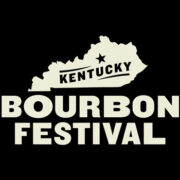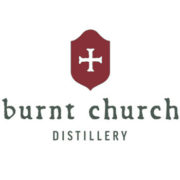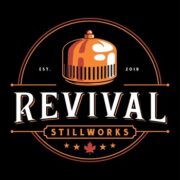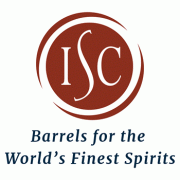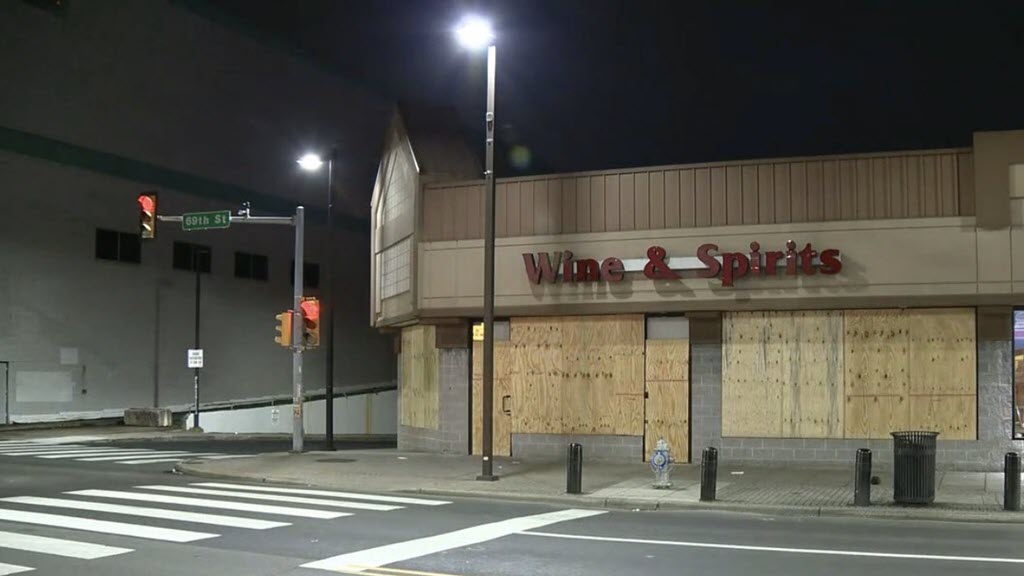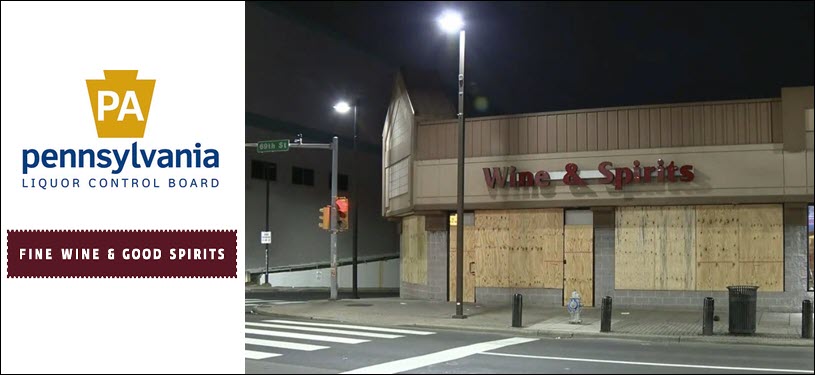
Ever since the days following the repeal of Prohibition large parts of the control of alcohol sales and distribution has been pushed down to the state level. There are plenty of federal regulations as well. Having local control over distilled spirits is a good thing considering there may be some very specific rules in a Northwest state like Oregon that may make no sense at all in an Eastern state like North Carolina.
Across the United States there are 17 states that are ‘control states’ meaning the state government ‘controls’ the distribution of liquor in the state and operates state run stores. The other 33 states allow private businesses to operate liquor stores. This can include big box stores like Walmart or Target, chains like Total Wine or mom and pop stores that dot the landscape.
PA Closes All State Run Liquor Stores
Many states have limited access to state run liquor stores with reduced hours or carry out at the door of the liquor store only. In the case of Pennsylvania, Governor Wolf closed all of the state run liquor stores on March 17, 2020. Those stores are now closed and some as in the photo below are boarded up to keep people out and avoid the possibility of looting.
Craft Spirits Distilleries Still Offering Carry Out and Delivery
There is one small silver lining for craft spirits makers in Pennsylvania. Craft spirits distilleries are allowed to sell bottles for carry out, delivery or via courier in Pennsylvania.
In a conversation with the Tim Russel, the Founder of Maggie’s Farm Rum Distillery in Pittsburgh he told us, “A big part of our revenue is our cocktail bar, which we’ve had to close down temporarily. But we’re keeping people employed doing deliveries with online orders. So, it’s not ideal for anyone, but I’m doing what I can for our staff.”
“I’m in the process of donating about 70 gallons of sanitizer to the Pittsburgh Dept. of Public Safety,” said Russell. “They’ll dispense it in 3,000 3oz spray bottles to first responders in the city.”
You can view all the Pennsylvania Distilleries here.

Stay Informed: Sign up here for the Distillery Trail free email newsletter and be the first to get all the latest news, trends, job listings and events in your inbox.
DISCUS President Chris Swonger Urges Gov. Wolf to Reconsider Closure of State Liquor Stores
Attached is a letter sent to Governor Wolf from the Distilled Spirits Council and the American Distilled Spirits Association urging him to reconsider his decision to close all Fine Wine & Good Spirits stores in Pennsylvania.
Other control states, including Alabama, North Carolina and Virginia, have adopted temporary innovative approaches to reduce the risks to patrons and workers while also trying to serve the public and keep afloat hospitality businesses. To date, Pennsylvania is the only state to completely close down all stores that provide consumers with access to distilled spirits products.
DISCUS Letter to the Gov. of Pennsylvania
March 18, 2020
The Honorable Tom Wolf
Office of the Governor
508 Main Capitol Building
Harrisburg, PA 17120Dear Governor Wolf:
We are writing to you on behalf of the Distilled Spirits Council of the United States and the American Distilled Spirits Association, national trade associations representing producers and marketers of distilled spirits sold in the United States, regarding the difficult decision to close all Fine Wine & Good Spirits stores in response to COVID-19.
We understand state leaders like yourself are struggling with the careful balance of protecting the health of citizens while also protecting the financial health of state and local economies. We’d like to offer some alternatives to completely shutting down all state stores that take into account these dual needs and share how other control states are handling the issue.
Control states, including Alabama, North Carolina and Virginia, have adopted emergency rules to reduce the risks to patrons and workers while also trying to keep afloat hospitality businesses and continue to serve the public.
For example:
- In Alabama, the state has reduced the number of open ABC stores and shifted personnel to open locations. The state ABC has also outlined guidelines to protect customers and employees including limiting the number of customers allowed in a store at any given time; having store personnel retrieve customers products; encouraging credit card purchases; and requiring employees to wear gloves.
- In North Carolina, local counties continue to operate their off-premise spirits stores but might consider scaled back hours of operation. Distilleries may still sell bottles for off-premise consumption.
- In Virginia, stores remain open with reduced operating hours at certain stores. The VABC guidance states, “As the sole retailer of distilled spirits in Virginia, we are dedicated to filling our role in providing product to our licensees and the public.”
- Utah and New Hampshire continue to keep their state stores open.
To date, Pennsylvania is the only state to completely close down all stores that provide consumers with access to distilled spirits products. Pennsylvania’s hospitality industry, including craft distillers, is already under enormous strain due to the U.S. tariffs on EU spirits and wine products. We respectfully request that you reconsider your decision to close all state stores. It is the only channel of distribution that Pennsylvania consumers have to distilled spirits.
If you are unable to re-open all or select PLCB stores, an innovative alternative would be to temporarily allow “R’” licenses that currently sell beer and wine to also sell spirits until PLCB stores are re-opened. Many restaurants are now selling take away food only and the loss of patrons is financially harming their businesses. These restaurants are already licensed to sell spirits and already are trained in proper ID verification. As restaurants across the state are suffering huge financial losses due to lack of business, the ability to also sell distilled spirits would help offset their losses and could potentially prevent permanent restaurant closures.
The spirits industry stands ready to assist you in exploring innovative approaches to protect Pennsylvanians while easing the burden on consumers and the hospitality industry.
We are all in this together and we are committed to doing our part to support our communities during this difficult time. For example, distillers in Pennsylvania and across the country are converting their distilling operations into production lines for hand sanitizer to help communities combat COVID-19.
We look forward to working with you and the PLCB now and in the future.
Thank you for your leadership.
Very Best Regards,
Chris R. Swonger
President/CEO
Distilled Spirits Council of the United StatesMatt Dogali
President/CEO
American Distilled Spirits AssociationCC: Chairman Tim Holden, Pennsylvania Liquor Control Board
In an effort to protect consumers and employees, ALL Fine Wine & Good Spirits stores will close indefinitely at 9:00 p.m. on March 17. E-commerce sales at https://t.co/coNc9D9R3J will cease today at 5 p.m.
For more information, go to https://t.co/coNc9D9R3J.
— FineWine&GoodSpirits (@PAWineSpirits) March 16, 2020
two
To hopefully prevent looting while shutdown, The PA state liquor store on 69th Street is boarded up like it’s ready for a hurricane. After closing indefinitely for Coronavirus, the glass windows&doors are now all covered with thick plywood. @FOX29philly pic.twitter.com/xd2hjyg8gH
— Steve Keeley (@KeeleyFox29) March 18, 2020
Please help to support Distillery Trail. Sign up for our Newsletter, like us on Facebook and follow us on Twitter.


